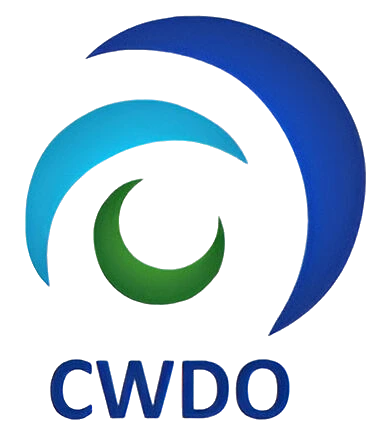Our mission
CWDO is committed to the rights of all persons to participate fully in the civil, cultural, economic, political and social life of their communities.
CWDO actively promotes the rights, freedoms and responsibilities of persons with disabilities through community development, social action, and member support and referral. Our primary activity is public education and awareness about the social and physical barriers that prevent the full inclusion of persons with disabilities in Ontario.
Our vision
CWDO actively promotes the rights, freedoms and responsibilities of persons with disabilities through community development, social action, and member support and referral. Our primary activity is public education and awareness about the social and physical barriers that prevent the full inclusion of persons with disabilities in Ontario.
CWDO is committed to the rights of all persons to participate fully in the civil, cultural, economic, political and social life of their communities.
Our history
Citizens With Disabilities – Ontario (CWDO) was incorporated as a not-for-profit on May 10, 2005 by Stefanie Marinich, Domenic Fragale and Udo Franz. These three set out to form an organization that could be the consumer voice of people with disabilities in Ontario.
In June 2007, CWDO became the Ontario representative to the Council of Canadians with Disabilities (CCD). This gives us a national, as well as a provincial voice, on issues that matter to our members.
CWDO has had up to 2,000 members across the province (current number is about 1,600). Our members are in almost all electoral ridings in Ontario. Most CWDO activity is undertaken by volunteer board members. The entire membership is informed about and invited to work on activities with us.
FAQs
How does the CWDO operate?
CWDO’s first and most powerful way of connecting with our members all across Ontario is through this website. Members can contribute to CWDO’s position papers, presentations, research and advocacy work on our website. Check out links wherever input is requested.
CWDO organizes its work and priorities through a number of committees. A great deal of discussion takes place between meetings by email. Committees are as active as their members. Committee meetings are held in virtual space on the IDEAL Conference Centre. Our supporters make the IDEAL Conference Centre free for CWDO business.
The board is governed by CWDO’s bylaw and has established a Code of Ethics and Operating Protocols.
How are we funded?
CWDO is currently a not-for-profit organization. We are in the process of applying for registered charitable status, as we are very active in educating politicians, governments at all levels, and the general public about what matters to our members.
Membership is free. However, some members contribute financially to CWDO, if they can. Join the growing list of organizations that are supporting the work of Citizens With Disabilities – Ontario.
We received start-up funding through the Council of Canadians with Disabilities (CCD). We are proud to be the Ontario representative at CCD, since June, 2009.
Advertisers pay a fee for their promotion on our website. CWDO tries to ensure that our advertisers and/or their products and services exemplify CWDO’s mission. Please support our advertisers by visiting their links.
Volunteer board members and other supporters donate their time, talents and sometimes their cash to further CWDO’s goals.
How can I support the CWDO?
CWDO is a not-for-profit organization. We do not have charitable status at this time, and therefore, cannot issue tax receipts. Your contributions to continue our work are gratefully accepted, and put to good use. You can make a contribution in any amount you choose, through PayPal. Your voluntary contribution will help CWDO to:
- Keep the website up and running.
- Develop position papers.
- Educate the public and decision-makers about issues that affect people with disabilities.
- Write briefs.
- Make presentations.
- Participate in events to raise awareness.
- Host a booth at People in Motion and other Expos highlighting accessibility.
- Provide equipment for members to participate in online webinars and meetings.
- Purchase services to accommodate members attending our meetings and events, such as ASL interpreting.
